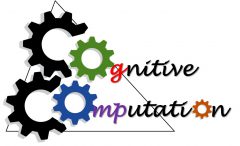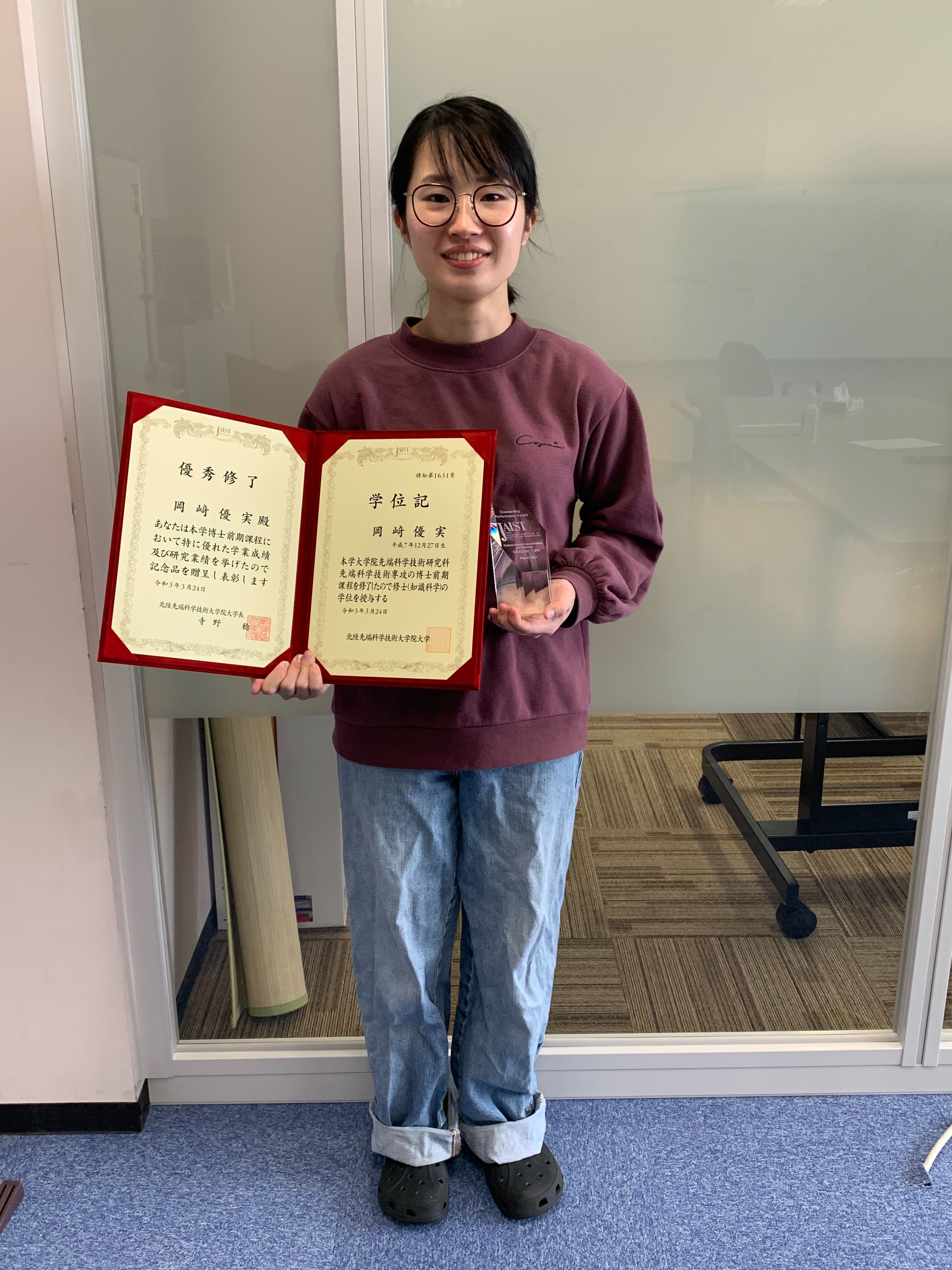北陸先端科学技術大学院大学の日髙昇平准教授と鳥居拓馬助教との共著の論文が6月8日付でEntropy誌に採録されました。
Hidaka, S. & Torii, T. (2021). Designing bivariate auto-regressive timeseries with controlled Granger causality. Entropy. 23(6), 742. (link)
Abstract:
In this manuscript, we analyzed a bivariate vector auto-regressive (VAR) model in order to draw a design principle of a timeseries with a controlled statistical inter-relationship. We show how to generate bivariate timeseries with given covariance and Granger causality (or equivalently transfer entropy), and show the trade-off relationship between these two types of statistical interaction. In principle, covariance and Granger causality are independently controllable, but the feasible ranges of their values, which allow the VAR to be proper and have a stationary distribution, are constrained by each other. Thus, our analysis identifies the essential tri-lemma structure among the stability and properness of VAR, the controllability of covariance, and that of Granger causality.
Keywords: Granger causality; Transfer entropy; Vector auto-regressive model; Lyapunov equation
関連論文:
(1) Kenichi Oguma, Takuma Torii, Shohei Hidaka (2021). Animacy perception of a pair of movements under quantitative control of its temporal contingency: a preliminary study. In Proceedings of The 26th International Symposium on Artificial Life and Robotics (AROB2021). 274-279. (GS12-1) (Presented online on January, 22th, 2021) (link) (pdf)
(2) Hidaka, S., & Torii, T. (2021). Designing bivariate timeseries with controlled Granger causality. psyarxiv. (link)
(3) 科研費研究課題「潜在的な階層性をもつ非言語行為の意図推定過程の解明」
(4) JSTさきがけ (信頼されるAIの基盤技術領域) 研究課題「機械理解の創成に向けた随伴関手の統計的推定理論の構築」


